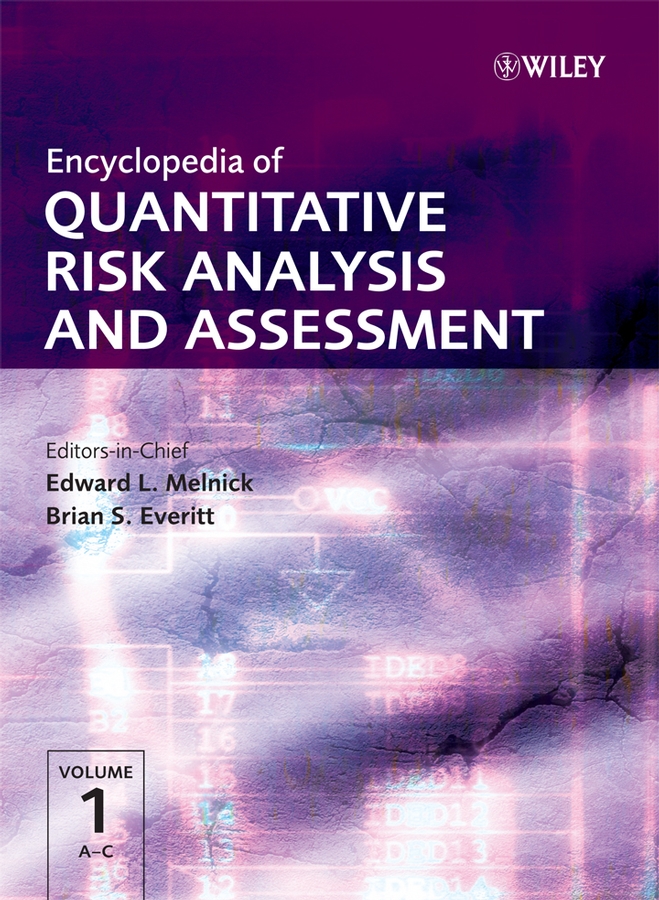Multiattribute Utility Functions
Abstract
The multiattribute utility function is a means of systematically analyzing preferences in the context of multiattribute or multicriteria decision making under conditions of uncertain or risky outcomes, and thus integrates concepts from multiattribute value measurement and expected utility theory. The process starts by eliciting utility functions for each individual attribute in turn, which then have to be aggregated in some sense in order to form the overall multiattribute utility function. A weighted additive aggregation is simple, but is demonstrated to force certain preference properties that may not be justifiable in certain decision contexts. For this reason, weaker sets of assumptions have been developed, which lead either to multiplicative or multilinear aggregation rules. Unfortunately, the weaker the sets of assumptions made, the more the decision maker is required to make cognitively challenging judgments between multivariate lotteries.



